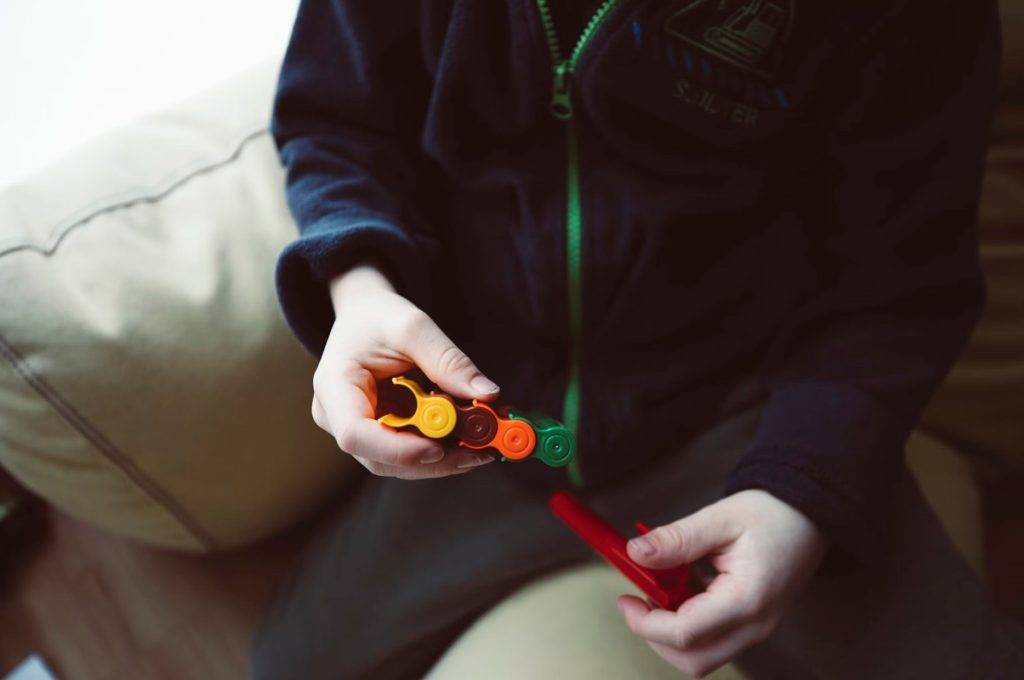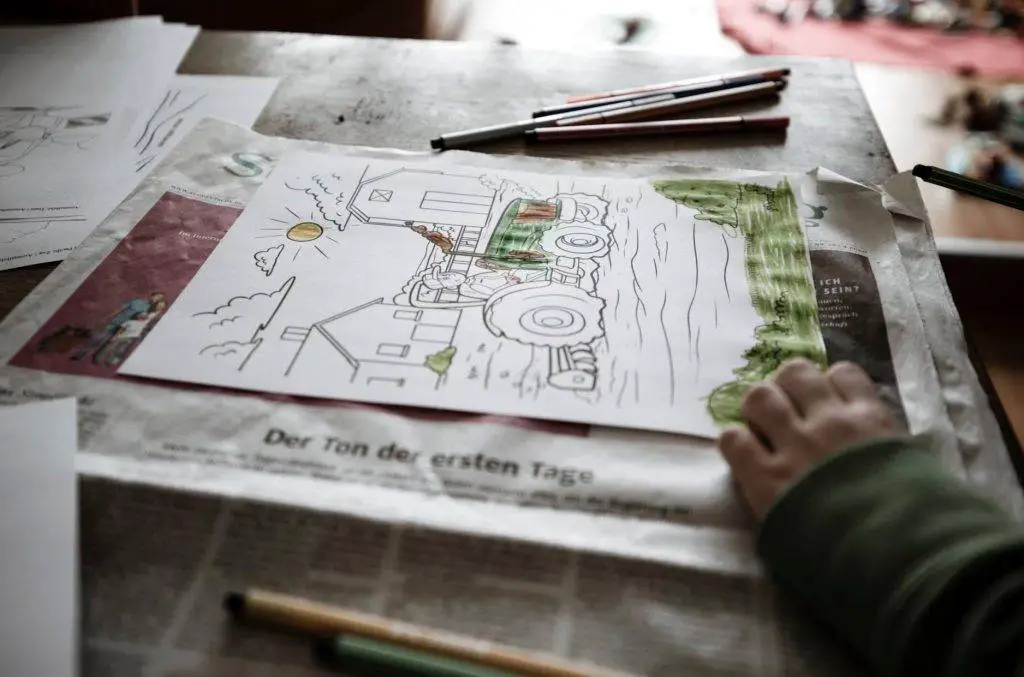 Science says that the child’s first five years of life are formative for their intelligence and cognitive potential. Just fancy: the child’s brain forms up to 1,000 new neural connections per second at this age! And the good news is that parents and early educators can affect the developmental process with specialized early childhood education (ECE) methods.
Science says that the child’s first five years of life are formative for their intelligence and cognitive potential. Just fancy: the child’s brain forms up to 1,000 new neural connections per second at this age! And the good news is that parents and early educators can affect the developmental process with specialized early childhood education (ECE) methods.
A child who receives high-quality ECE usually copes with educational and writing tasks quicker and exhibits higher-order critical thinking abilities. Even when they partner with academic ghostwriter services to cope with the mounting workload, they give their own input and tweak the ghostwriter’s texts in a way that reflects their unique academic position and tone of voice. In this article, we’re taking a closer look at the importance of ECE and covering the main ECE techniques you can use to give your child the best academic potential.
What Happens In Early-Age Education?
Let’s take a sneak peek into the child’s brain processes to see what’s going on there for five years from their birth. The child has to develop a variety of foundational skills within this period, from language to problem-solving and basic social-emotional regulation. This is how ECE affects child development and contributes to better academic achievement in later years.
Cognitive Development
By means of creating a stimulating environment with structured ECE activities, you can strengthen the child’s neural pathways responsible for:
- Attention
- Memory
- Reasoning.
For this reason, children undergoing ECE programs score much better in math, reading and writing by the time they leave primary school and enter more advanced educational stages because of rapid brain development in early childhood.
Developing critical thinking skills early on helps children build confidence and independence in their learning journey. Families often learn from the educators at Legacy Traditional Schools how kids can strengthen these skills through interactive lessons and problem-solving activities. By nurturing curiosity and creativity from a young age, children are better prepared to tackle complex academic challenges later in life. This foundation not only supports school success but also equips them with tools for lifelong learning.
Language and Literacy
Vocabulary development at an early age is vital for further reading comprehension. Thus, children participating in reading activities and frequently exposed to storytelling and conversations with peers and adults exhibit stronger linguistic skills at school. These observations prove that children living and developing in rich language environments have higher chances of developing reading and writing literacy, both vital for academic success.
Social-Emotional Skills
Many ECE activities are specifically designed to nurture empathy, self-regulation, and teamwork capabilities in children. These qualities are closely linked to proactive classroom behavior and the child’s persistence in attaining positive writing and academic outcomes. Besides, there is an emerging body of research that associates social-emotional skills with better graduation rates.
How to Make the Most of Your Child’s ECE?
 Now that we know that ECE is vitally important for the child’s further academic performance and success, it’s time to get to the practical side of integrating ECE into your child’s routine. Here are the main techniques and methods with proven effectiveness.
Now that we know that ECE is vitally important for the child’s further academic performance and success, it’s time to get to the practical side of integrating ECE into your child’s routine. Here are the main techniques and methods with proven effectiveness.
- Play-based learning. Childhood is a period when play takes the leading place in the child’s life. Kids explore the world via play and learn to interact with it with play-based activities. Thus, play can become a strategic tool in stimulating your child’s intellectual and early writing growth. You can explore guided play, imaginative play, and manipulative play techniques to foster working memory and impulse control in the child.
- Dialogic reading. This is an interactive reading technique aimed at language development and comprehension; scientists believe that it’s much more effective and quicker than traditional reading in terms of vocabulary and reading comprehension development. You may use various approaches, such as a PEER sequence – prompting the dialog with an open-ended question, the response’s evaluation, expanding the child’s answer, and repeating the question to foster a deeper understanding of the discussed subject. Another popular method is the CROWD prompt – an acronym that stands for Completion, Recall, Open-ended questions, Wh-questions, and Distancing. The technique is highly valuable for stimulation of critical thinking, as it helps the child to develop a better comprehension of the subject, relate it to their personal life experience, and derive some practical learning lessons from it.
- Art–based learning. Music is a vital tool in ECE, especially with creatively gifted children. Any child will benefit from the integration of music and rhythmic activities into their daily routines, which is good for their auditory processing, memory, and motor coordination. Music training boosts cognitive development, phonological awareness, verbal memory, and spatial reasoning, each of which affects academic outcomes positively.
- Scaffolding. Vygotsky, the author of social learning theory, believed that the child’s scaffolding is a powerful tool for developing the child’s abilities. Scaffolding is a form of tailored support provided by an adult to help a child complete academic tasks beyond their current abilities, thus deriving a learning lesson from the gap the adult helps to bridge. If you want to experiment with scaffolding, you can try modeling (demonstration of the task and provision of guidance on how to perform it), breaking down complicated writing or learning tasks into structured, manageable steps, and gradual release (reduction of support with the child’s gradual progression).
- Montessori activities. The Montessori method of ECE presupposes self-directed, practical learning for the sake of fostering the child’s independence and promoting the development of their cognitive skills. You can integrate practical life exercises like self-care tasks and household duties into the curriculum, add sensorial materials to improve sensory perception, and experiment with math manipulatives to teach children counting and early arithmetic, and even fine motor skills for writing.
These are by far not all ECE methods you can use with your child or as part of your professional ECE activity. Experts also praise the efficiency of social-emotional learning (SEL) programs that help children build healthy relationships and practice mindfulness. STEM-focused activities are also a great way to expose children to science and basic engineering concepts from an early age, thereby building their logical reasoning skills and boosting their natural curiosity.
Parental Involvement Is Key During the Child’s Early Years
With all of these ECE techniques, you’re sure to take advantage of the early childhood years and reinforce a variety of the child’s cognitive and academic skills via well-structured daily interactions. Still, you should keep in mind that the warmth and attention you give to your child are equally important in the ECE process. Thus, you need to include simple learning activities into your routines and turn reading and writing studies into engaging family traditions rather than put a child into a rigid study schedule.










